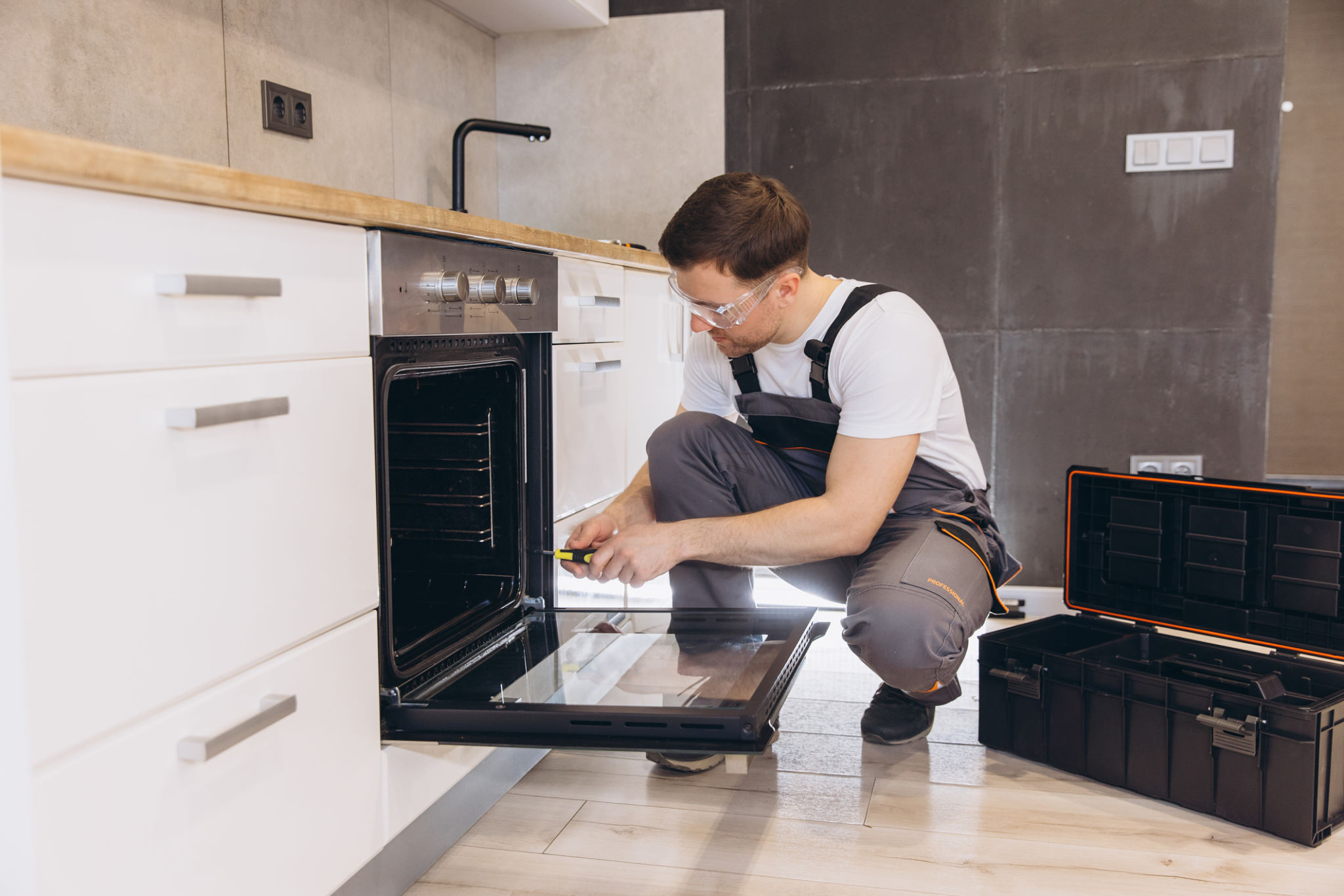DIY Tips for Basic Appliance Repairs at Home
IA
Introduction to DIY Appliance Repairs
Appliances are integral to our daily lives, but when they break down, it can be both inconvenient and costly. Learning some basic DIY repair skills can save you money and keep your household running smoothly. Here are some tips to get you started on repairing common household appliances.

Gathering the Right Tools
Before diving into any repair, ensure you have the necessary tools. Basic tools like screwdrivers, wrenches, and pliers are essential. Additionally, a multimeter is useful for electrical troubleshooting. Having these tools on hand can make the repair process smoother.
Safety First
Safety should always be your top priority when handling electrical appliances. Make sure to unplug the appliance or switch off the circuit breaker before starting any repair work. Wearing protective gear like gloves and goggles can prevent injuries.

Common Appliance Issues
Fixing a Leaky Dishwasher
A leaky dishwasher is a common problem that can often be fixed with a few simple steps. Start by checking the door seal for any cracks or damage. If the seal is worn out, replacing it can solve the leak. Additionally, ensure the dishwasher is level to prevent water from pooling and spilling out.
Unclogging a Washing Machine
If your washing machine isn't draining, it might be due to a clogged filter or hose. Locate the filter, usually found at the bottom of the machine, and clean out any debris. Check the hoses for blockages and ensure they are connected properly.

When to Call a Professional
While DIY repairs can be cost-effective, there are times when it's best to call a professional. If you're dealing with complex electrical issues or if the appliance is under warranty, professional assistance is advisable. Attempting repairs in these situations could cause more harm than good.
Regular Maintenance Tips
Preventative maintenance can extend the life of your appliances. Regularly clean filters, check for loose connections, and keep appliances free of dust and debris. These small steps can help avoid larger, more costly repairs down the line.

Conclusion
By understanding some basic DIY repair techniques, you can tackle minor appliance issues with confidence. Remember to prioritize safety, and don't hesitate to seek professional help when necessary. With a bit of practice, you can keep your appliances running smoothly and efficiently.